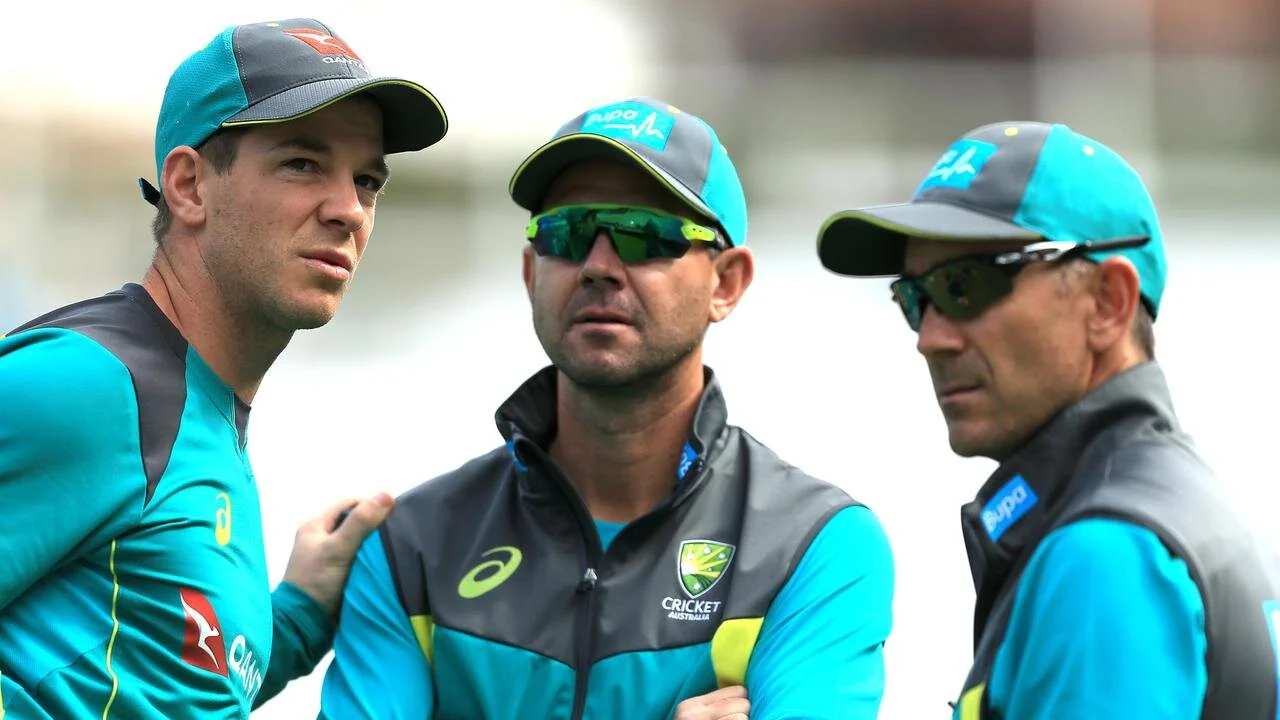Burnout at the base level: Are we creating environments for coaches to explore and grow?
/Last week, I was fortunate to be part fortunate to be part of Sport and Mental Health forum as part of Australia wide Mental Health month. In line with the National Mental Health Month's theme this year on 'Mental Health: Post Pandemic Recovery Challenges and Resilience', the Mental Health Foundation Australia has planned a Sport and Mental Health Forum. The forum focused on crucial periods for managing mental wellbeing in sport, including aspiring to transition into elite sport, dealing with external pressures, transitioning out of the activity and the limelight and building understanding for coaches and parents. One of the side topics discussed was the mental wellbeing of coaches, a somewhat overlooked subject in many sports. While even my research addresses and focuses on the motivations and engagement of athletes, an area of increasing awareness and concern is the wellbeing of coaches, looking at causation of burnout or mental fatigue from being involved in HP sport. This article addresses are we as coaches being offered or offering psychologically safe environments where we can express ourselves, show emotional awareness to see and display skills such as humility and gratitude while having the support and freedom to grow and develop?
Read More





